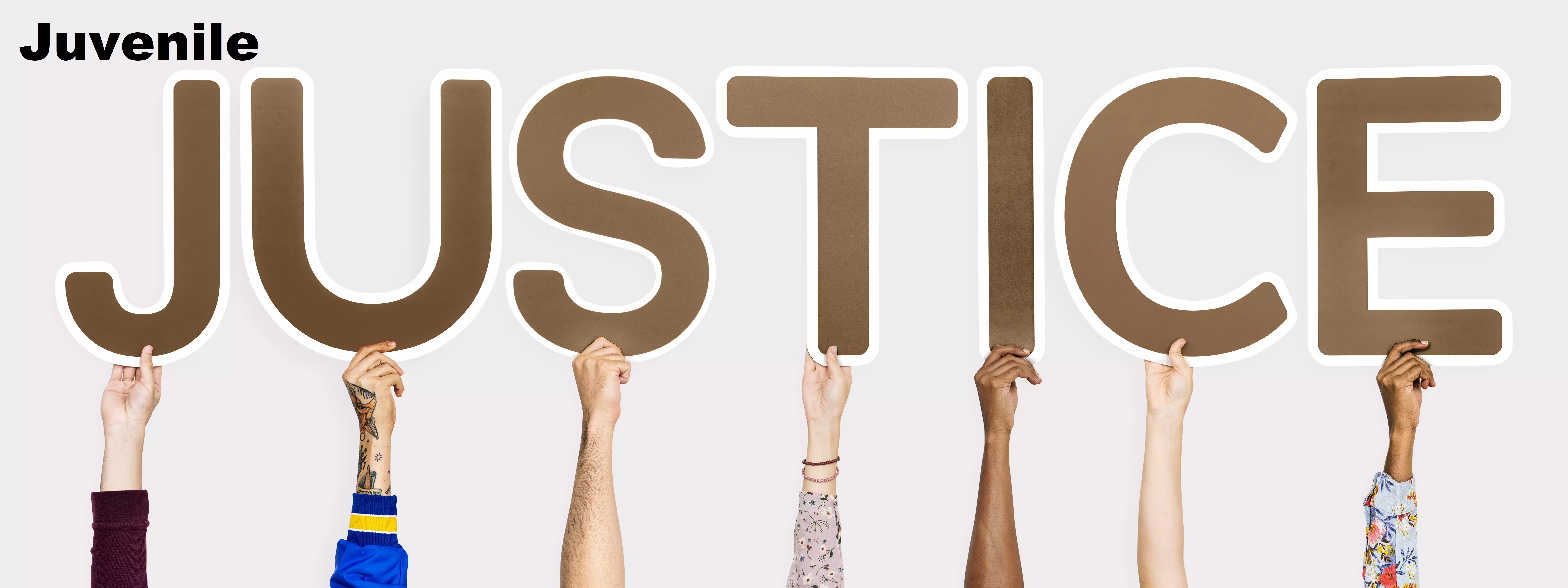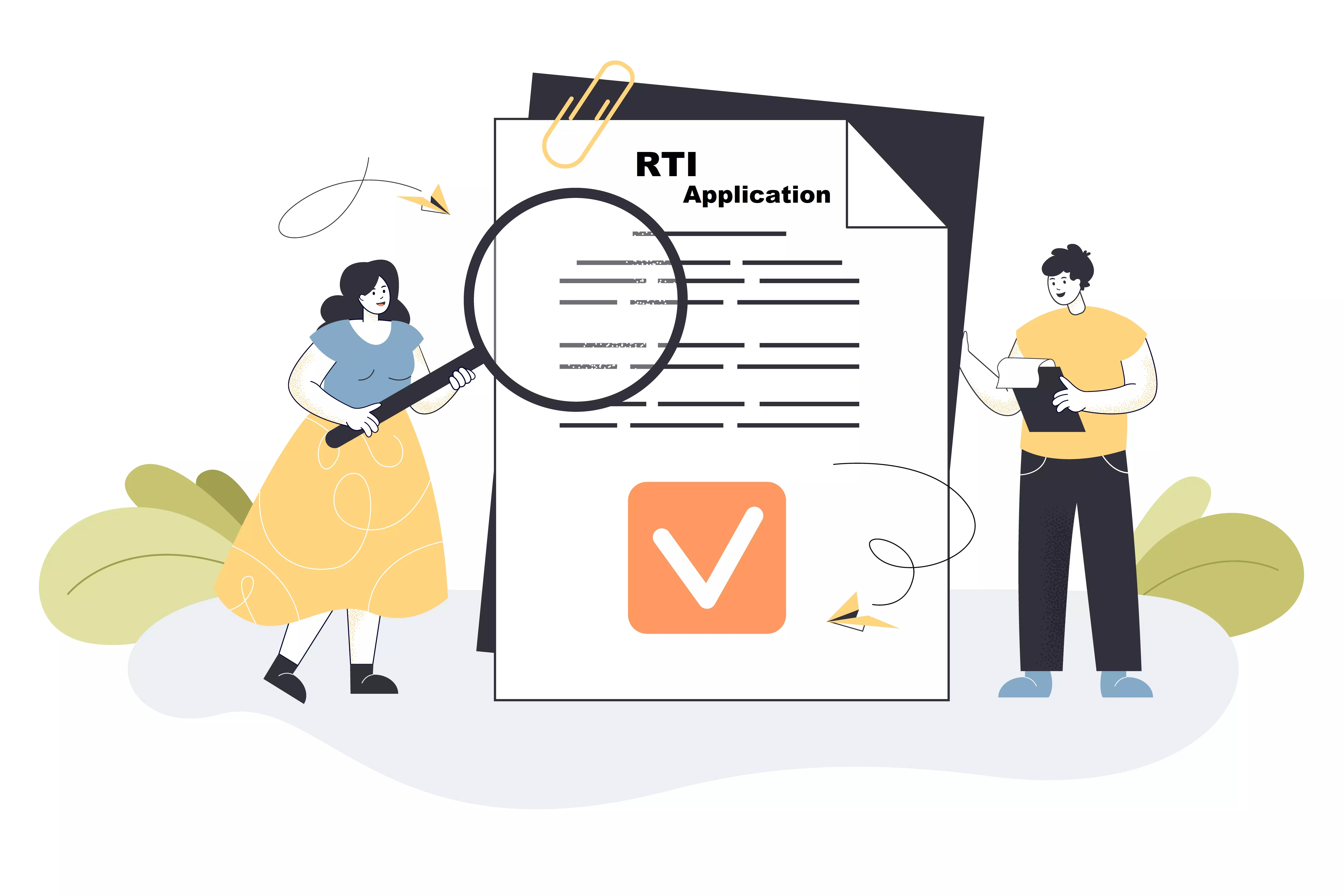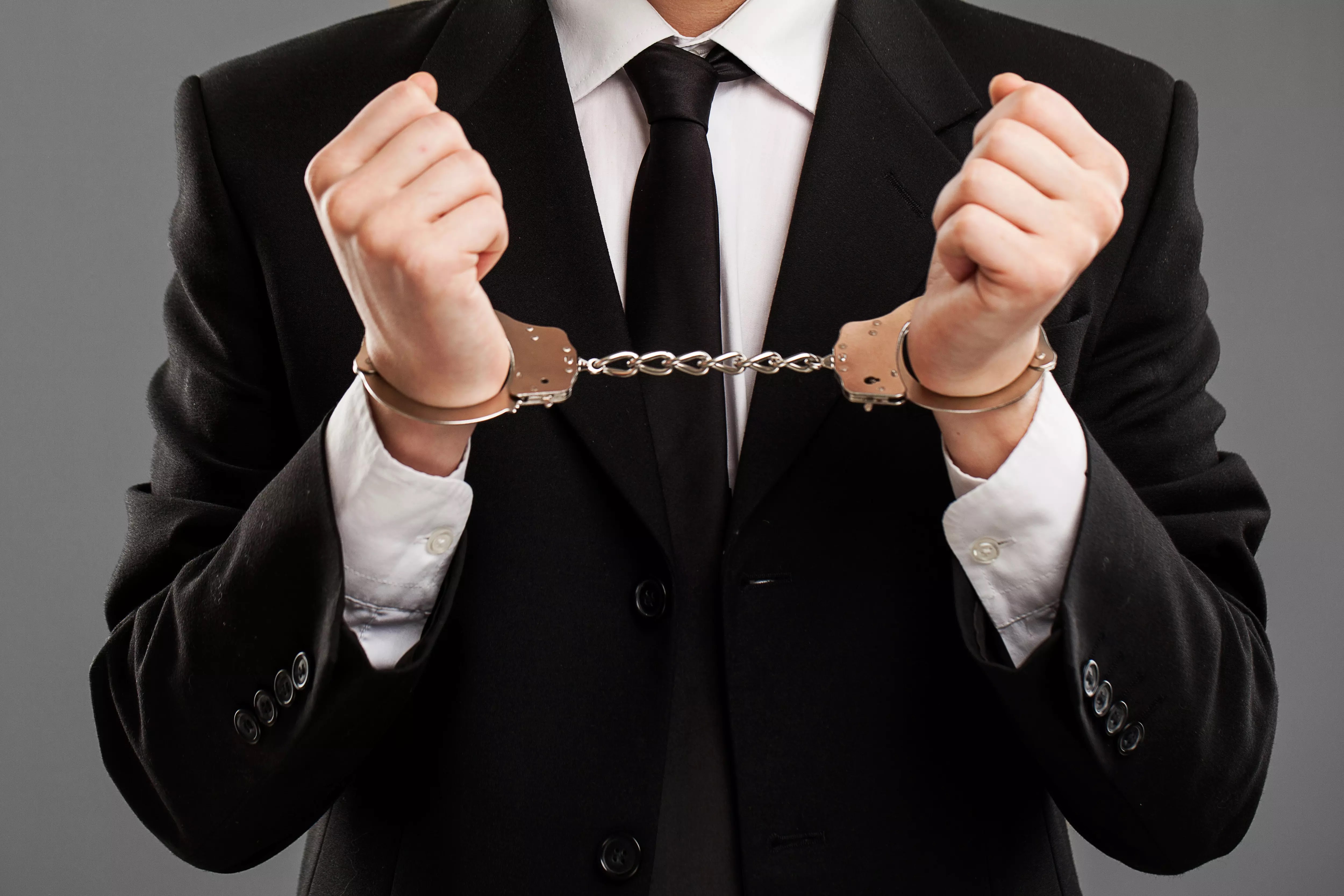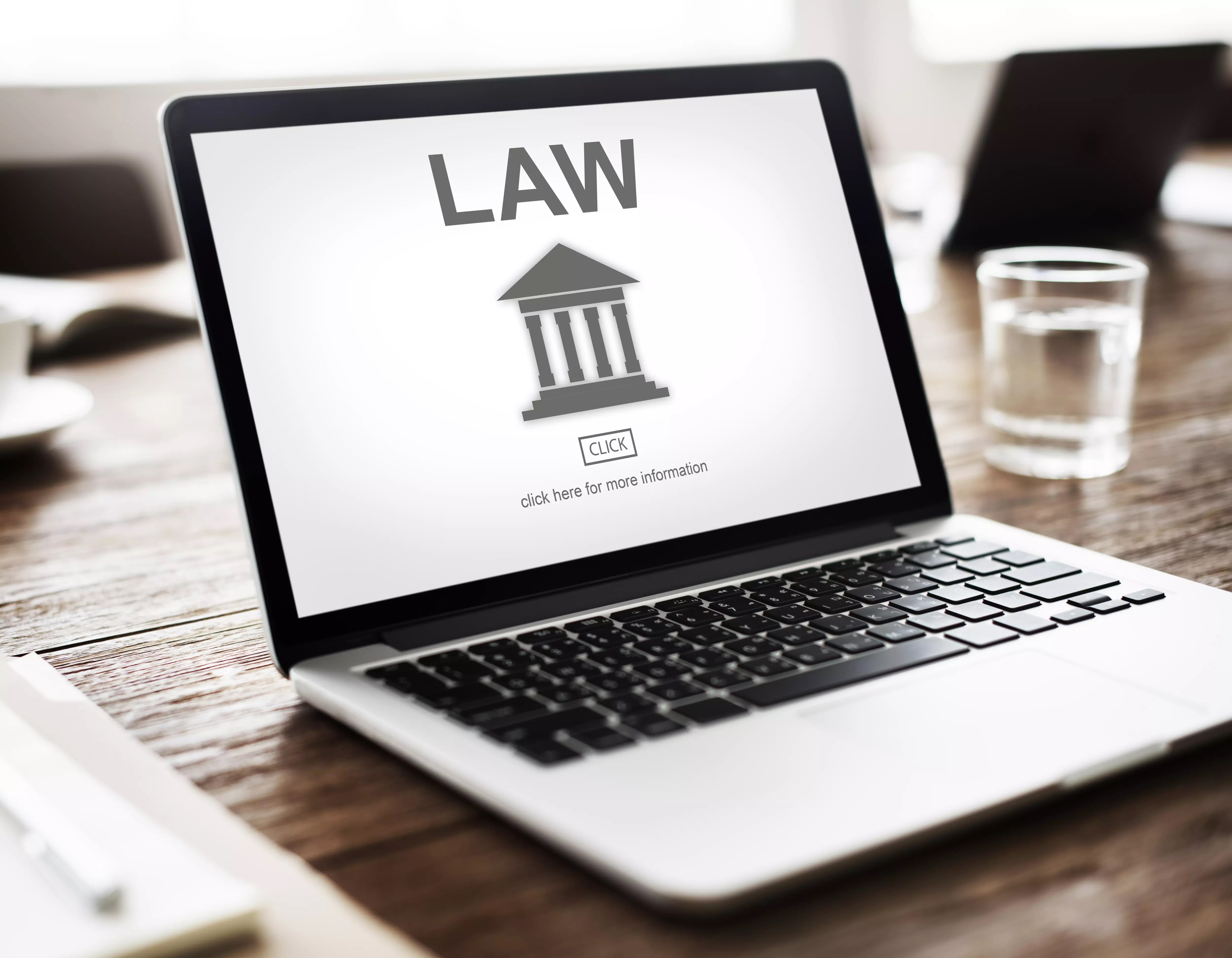# Social Media Law and Its Implications
# Social Media Law and Its Implications
Social media law is a developing area of law that comprises both criminal and civil aspects. It covers all legal issues related to user-generated content and the online sites that host or transmit such content. Social media law is important because it affects the rights and responsibilities of users, platforms, and authorities in the digital space.
## Social Media Law in India
In India, social media law is governed by various statutes and regulations, such as the Information Technology Act, 2000 (IT Act), the Indian Penal Code, 1860 (IPC), the Code of Criminal Procedure, 1973 (CrPC), and the Information Technology (Intermediary Guidelines and Digital Media Ethics Code) Rules, 2021 (IT Rules).
The IT Act is the primary legislation that deals with cybercrime and electronic commerce in India. It provides for the legal recognition of electronic records and digital signatures, the liability of intermediaries (such as social media platforms) for unlawful content, the protection of personal data and privacy, and the punishment for offences such as hacking, identity theft, cyber terrorism, etc.
The IPC is the general criminal law of India that defines various offences and prescribes penalties for them. Some of the IPC provisions that are relevant to social media law are section-499 and Section 500 (defamation), section-504 (intentional insult), section-506 (criminal intimidation) and section-124A (sedition). These provisions can be invoked against users who post or share content that is harmful to the reputation, dignity, or security of others or the state.
The CrPC is the procedural law that regulates the investigation, trial, and punishment of criminal offences in India. It lays down the powers and duties of police officers, magistrates, courts, and other authorities about criminal matters. The CrPC also provides for the issuance of warrants, summons, notices, orders, etc. by competent authorities to secure evidence, prevent offences, or ensure compliance with the law.
The IT Rules are the latest addition to the social media law framework in India. They were notified by the central government on February 25, 2021, to curb the misuse of social media platforms and to establish a code of ethics for digital media. The IT Rules impose various obligations on intermediaries, such as:
- To publish a privacy policy, terms of use, user agreement, etc. that inform users about their rights and responsibilities.
- To appoint a grievance officer, a chief compliance officer, and a nodal contact person to address complaints, ensure compliance, and coordinate with law enforcement agencies.
- To remove or disable access to any unlawful information within 36 hours of receiving a court order or a notice from an authorized government agency.
- To enable identification of the originator of any unlawful message on their platform upon request from an authorized government agency.
- To publish periodic reports on the number and nature of complaints received and actions taken by them.
## Implications of Social Media Law
Social media law has significant implications for various stakeholders in the online ecosystem. Some of these implications are:
- For users: Users have to be more careful and responsible about what they post or share on social media platforms. They have to respect the rights and interests of others and abide by the laws of the land. They also have to be aware of their own rights and remedies in case they face any violation or abuse on social media platforms. Users can file complaints with the grievance officer of the concerned platform or approach the relevant authorities for redressal.
- For platforms: Platforms have to be more accountable and transparent about their policies and practices regarding content moderation, data protection, user safety, etc. They have to comply with the IT Rules and other applicable laws and cooperate with government agencies in case of any lawful request or order. Platforms also have to balance their business interests with their social responsibilities and respect the freedom of expression and privacy of their users.
- For authorities: Authorities have to be more vigilant and proactive in monitoring and regulating social media platforms. They have to ensure that social media platforms do not become a source or medium for spreading misinformation, hate speech, violence, etc. They also have to protect the constitutional rights and interests of users and platforms and avoid any arbitrary or excessive interference in their functioning.
## Conclusion
Social media law is an evolving and dynamic field that requires constant adaptation and innovation from all stakeholders. It aims to create a safe, secure, and harmonious online environment that fosters creativity, communication, and collaboration among users while respecting their rights and interests. It also seeks to prevent and punish any misuse or abuse of social media platforms that may endanger public order, national security, or individual dignity.












Comments
Post a Comment
Thanks, For Your Valuable Comment